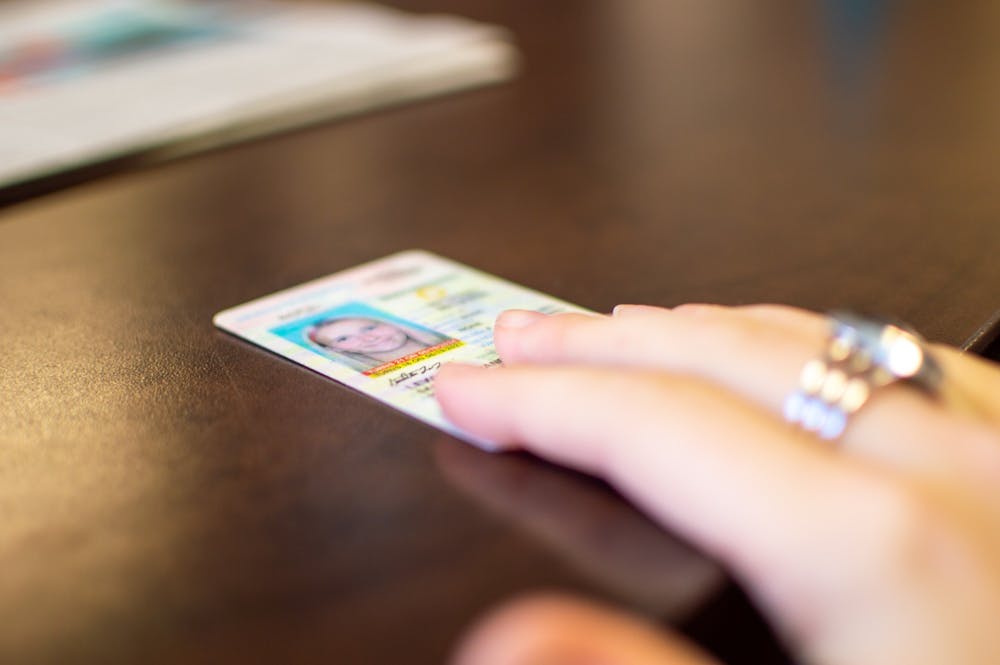In a 4-3 ruling on Dec. 16, the North Carolina Supreme Court struck down a voter photo ID requirement, ending a four-year legal battle between state Republican lawmakers and the Southern Coalition for Social Justice.
Voting along partisan lines, the majority said the bill was “enacted with a racially discriminatory purpose” and therefore violated the state constitution.
The Republican-controlled N.C. General Assembly passed Senate Bill 824, which required voter ID, in a lame-duck session in 2018, while the party could still use its supermajority to override Gov. Roy Cooper’s veto.
SB824 aimed to actualize the 2018 constitutional amendment requiring photo identification to vote. UNC history professor James Leloudis, who testified for the SCSJ when the case was in Superior Court, said the amendment was passed in an unconventional manner.
“Ordinarily, you would expect the legislature to have appointed a study commission that would have gathered a whole range of expert opinion and testimony,” he said.
That never happened for the voter ID amendment. Voters approved it by referendum without ever seeing the legislation that was passed to enforce it. A last-minute assembly was called to pass the law only after the amendment had been approved, Leloudis said.
The official justification for the bill was to protect the integrity of state elections from voter fraud.
“It’s truly a solution searching for a problem,” Jaclyn Maffetore, a staff attorney for the American Civil Liberties Union of North Carolina, said.
Maffetore briefly worked with the SCSJ on Holmes v. Moore, the voter ID case, in its early days.



